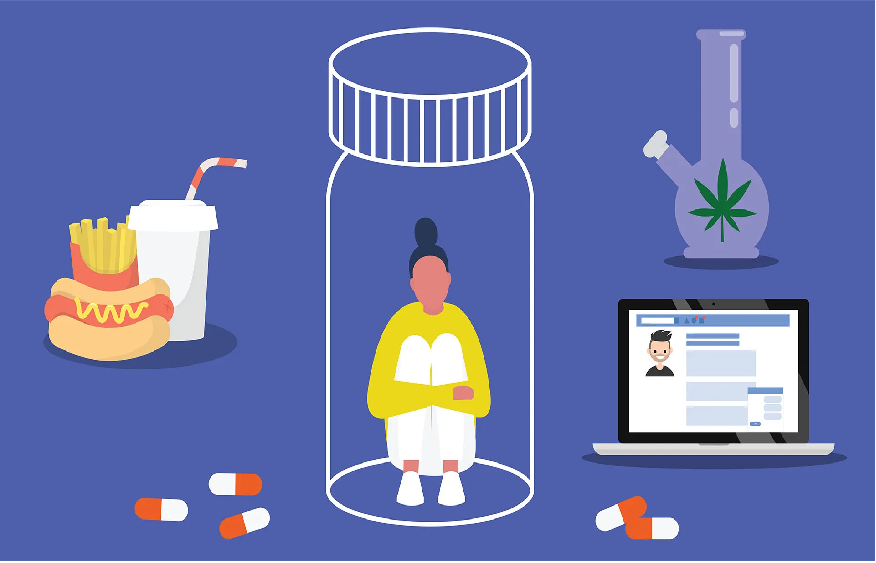How is ADHD Linked to addiction?
A significant number of people affected by ADHD also have diagnosable symptoms of autism. Doctors know that individuals with ADHD have heightened risks for involvement in some form of problematic substance use. However, less is known about the cumulative effects of ADHD and autism and the risks for substance use and addiction. In a study published in the Journal of Studies on Alcohol and Drugs, the researchers used a large-scale, interview- and questionnaire-based project to explore the issueof ADHD and addiction.
ADHD is characterized by unusually impulsive or hyperactive behavior, an unusual lack of the ability to focus attention, or a combination of impulsivity, hyperactivity, and inattention. As a rule, the disorder first appears in early childhood. In some cases, its effects fade away in adulthood; however, previously diagnosed or undiagnosed cases of ADHD can also appear in adults. Nearly one out of every 10 US teenagers under the age of 19 has symptoms that qualify them for an ADHD diagnosis. Also, about 4% of Americans age 19 or older qualify for such a diagnosis. Four out of every five affected individuals are boys or men.
Roughly 50% of adults severely impacted by ADHD have diagnosable symptoms of substance abuse or addiction. Compared to people unaffected by the disorder, affected individuals start using alcohol, nicotine, or drugs at an earlier age, develop more severe forms of addiction, and have greater problems avoiding substance use during recovery. The connection between ADHD and addiction lies within the pleasure center in the brain, where both of these issues produce damaging changes in the balance of vital chemicals called neurotransmitters.
In the study published in the Journal of Studies on Alcohol and Drugs, the American and Australian researchers used interviews and questionnaire information from Australian twins to analyze the combined impact of ADHD and autism spectrum disorder on any given person’s risks for being diagnosed with substance abuse or substance addiction. On average, these twins were just under 32 years old. The interview and questionnaire data they submitted were used to identify specific ADHD symptoms, behavioral tendencies that indicate the presence of autism, and problems related to the use/abuse of cannabis (marijuana, hashish), alcohol, and/or nicotine-containing tobacco.
After analyzing the information, they concluded that young adults more heavily affected by the combination of ADHD and autism spectrum disorder have an increased tendency to smoke cigarettes on a regular basis and use some form of cannabis. These young adults also have heightened chances of being diagnosed with substance abuse or substance addiction related to alcohol, cannabis, or nicotine intake. The researchers also concluded that young adults highly affected by autism spectrum disorder actually drink to the point of drunkenness less often than their less-affected counterparts. However, when they do start drinking to the point of drunkenness, they also have heightened risks for an alcohol-related substance diagnosis.
The authors of the study believe that the relative lack of drunkenness among people affected by autism may stem from the fact that these individuals tend to avoid the social situations where a lot of alcohol consumption occurs. However, they reiterate their conclusion that autism-affected individuals who do drink heavily clearly have increased risks for becoming alcoholics. They also reiterate their conclusion that people affected by both ADHD and autism have increased chances of becoming smokers and cannabis users, as well as nicotine addicts and cannabis addicts.



